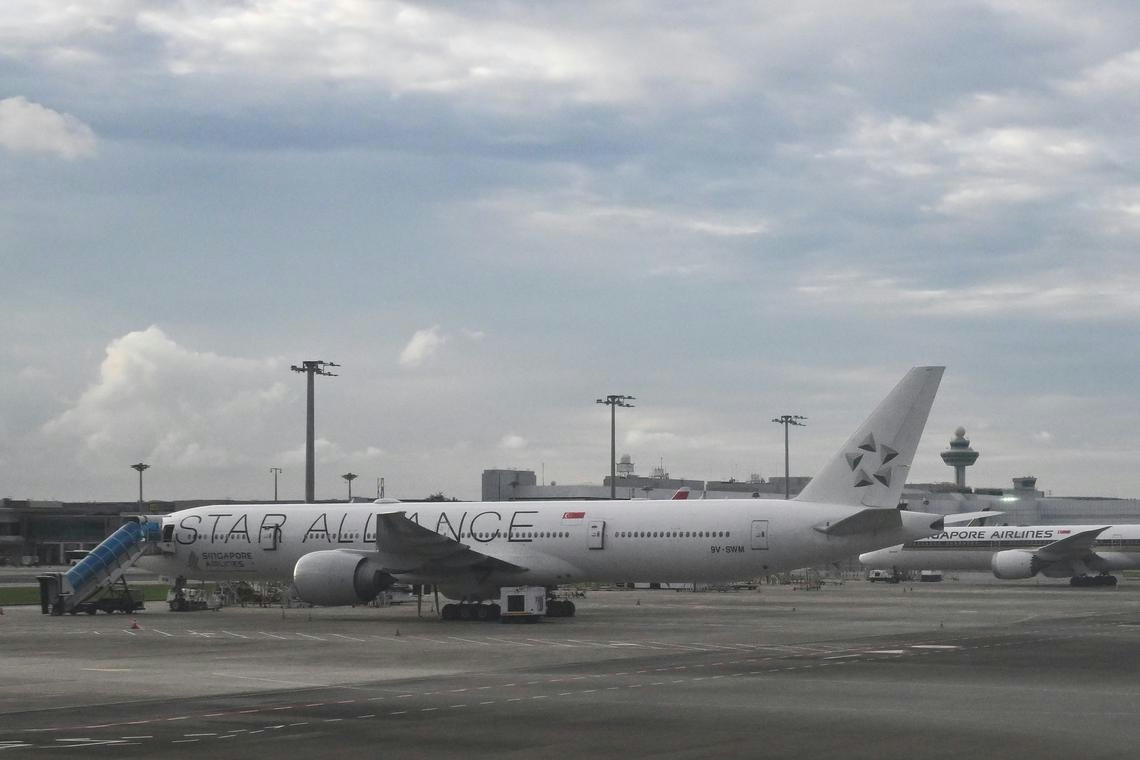AeroGenie — Uw intelligente copiloot.
Trending
Categories
AI and Megatrends Set to Transform 30% of Singapore’s Aviation Workforce

AI and Megatrends Set to Transform 30% of Singapore’s Aviation Workforce
A recent Aviation Jobs Transformation Report, jointly released by the Civil Aviation Authority of Singapore (CAAS) and Workforce Singapore (WSG), forecasts that up to 30% of Singapore’s aviation workforce will experience significant changes over the next five years. This comprehensive review highlights the profound impact of artificial intelligence (AI) and other major industry shifts on the sector’s employment landscape.
Key Megatrends Shaping the Aviation Sector
The report identifies six critical megatrends that are expected to redefine aviation jobs and the skills required. Foremost among these is the rapid adoption of AI and automation, which promises to enhance operational efficiency but also raises concerns about potential workforce displacement. Alongside this, digitalisation, sustainability initiatives, evolving passenger expectations, changing regulatory frameworks, and the integration of advanced technologies into everyday operations are set to reshape the industry.
These developments present a dual challenge for Singapore’s aviation sector. While technological advancements can streamline processes and improve service delivery, they also threaten to render certain roles obsolete. Consequently, there is an urgent need to reskill and upskill the existing workforce to maintain relevance in a rapidly evolving job market.
Workforce Development and Industry Response
In response to these challenges, the aviation industry in Singapore is intensifying its investment in workforce development. A dedicated fund of S$200 million has been established to support training and skills upgrading, with a particular emphasis on preparing employees for emerging roles within the sector. The report functions as a strategic roadmap, outlining the essential competencies and skillsets required to navigate the future aviation landscape.
Market reactions have included increased funding for training programs and the creation of tailored workforce initiatives. Regional competitors are anticipated to adopt similar technological advancements to remain competitive, with some already collaborating with educational institutions to develop specialised training curricula.
Singapore’s proactive strategy aims to mitigate the risks associated with workforce displacement while positioning its aviation sector for sustainable growth. By identifying critical industry trends and investing in human capital, the sector seeks to facilitate a smooth transition for both employers and employees amid ongoing transformation.

Emirates Unveils Cabin Design for New Boeing 777X

Eighteen Years On, the Airbus A380 Remains Central to a $34 Billion Airline

How a boom in luxury airline seats is slowing down jet deliveries

Navitaire Outage Attributed to Planned Maintenance

Airbus Plans Record Delivery of 870 Aircraft in 2026

DigiYatra Debuts Outside Aviation at India AI Impact Summit

Vietnam Orders Strengthen Boeing’s Commercial Outlook

Airbus Signals Uncertainty Over Future A400M Orders

JobsOhio Awards $2 Million Grant to Hartzell Propeller for Innovation Center

Collins Aerospace Tests Sidekick Autonomy Software on YFQ-42A for U.S. Air Force CCA Program
